
Massive Restructuring by Microsoft, Meta, and Others Rapid Shift Toward Practical AI Agents Replacing Human Roles “No More Entry-Level” as Inverted Pyramid Organizations Rise Major tech com
Read More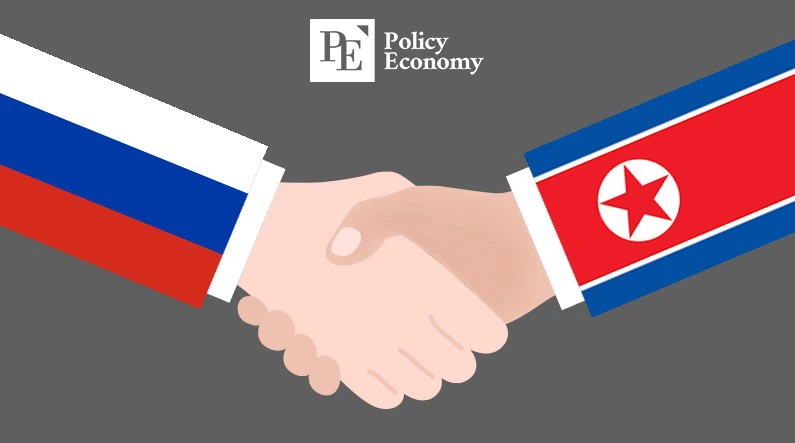
North Korea Sends Skilled Defense Technology Workers to Russia Dispatched to Russian Defense Contractors and Aerospace Industry Active Exchanges Also Underway in Economic, Cultural, and Health Sectors
Read More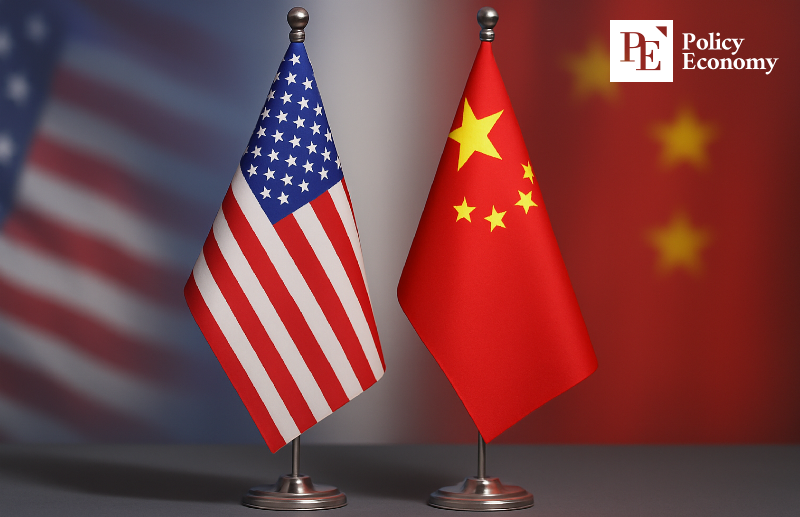
USD 500 Million Additional Donation to WHO Following U.S. Withdrawal Expanding Global Presence Amid U.S.
Read More
Clear Limitations in Europe’s Rearmament Strategy Southeast Asian Exports Emerge as Strategic Breakthrough Technology Becomes Key Competitive Edge—South Korea Joins the Race As global power
Read More
Aftermath of the Xiaomi Electric Vehicle Crash That Killed 3: Debate on the Limits of Autonomous Driving Under Renewed Scrutiny The Essence of the Technology Remains at the Level of ‘Driver Assistance’
Read More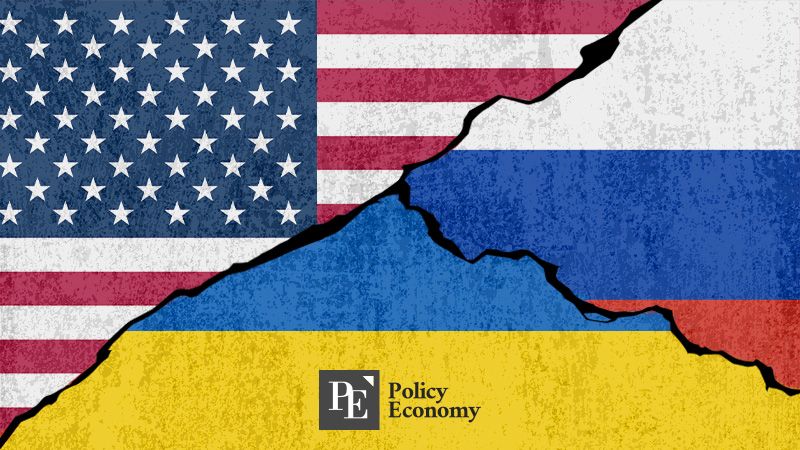
Trump: U.S. to Sign Mineral Agreement with Ukraine on the 24th Goal: Secure Critical Minerals to Offset War Aid Costs Deal Gives U.S.
Read More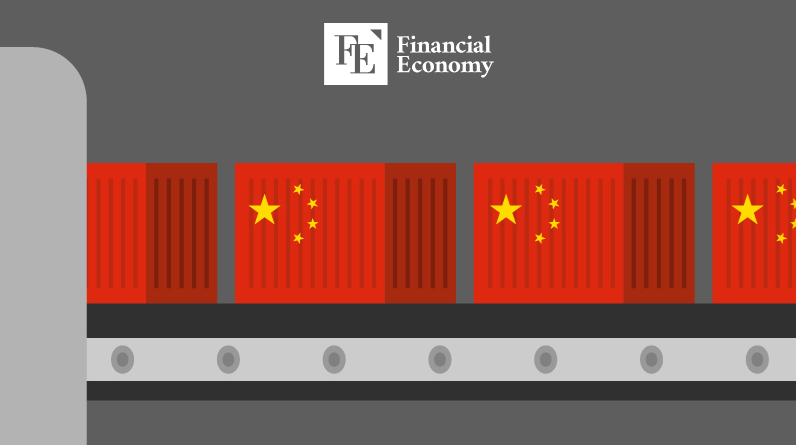
Trump Slaps 145% Tariff on Chinese Imports Beijing Gears Up with Market Diversification and Rare Earth Controls China Expands Trade Safety Nets Amid Export Decline Concerns The United States and Chi
Read More
Third Request Following 2007 and 2016 High-precision maps at a 1:5000 scale is necessary for accurate navigation guidance The government is considering risks of leaking national security and classified information.
Read More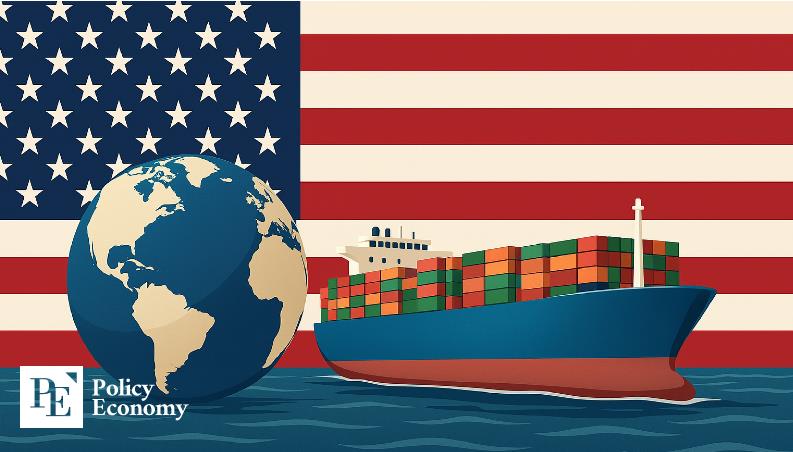
An Overloaded Agenda and a Compressed Timeline Linking Tariffs, Troops, and Trade in a "One-Stop" Deal Global Counterstrategies and Shifting Leverage U.S.
Read More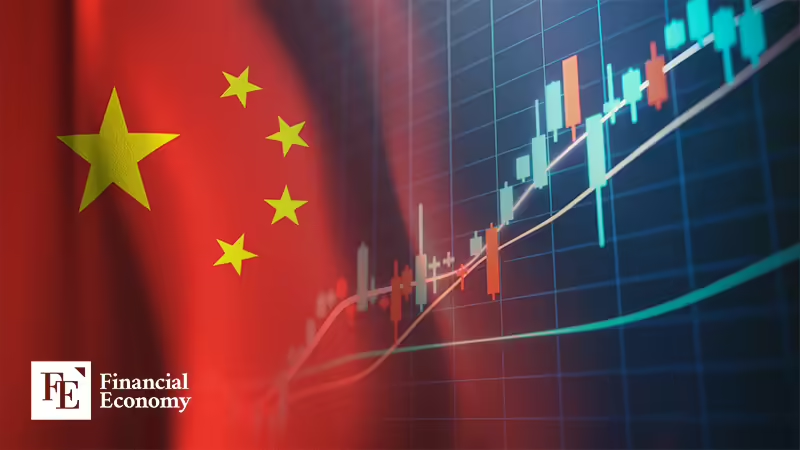
Global Investment Banks Lower China’s Growth Forecasts Beijing Plans to Expand Large-Scale Stimulus Measures Tariff Damage Seen as Too Severe to Fully Offset with Policy Support Following U.S.
Read More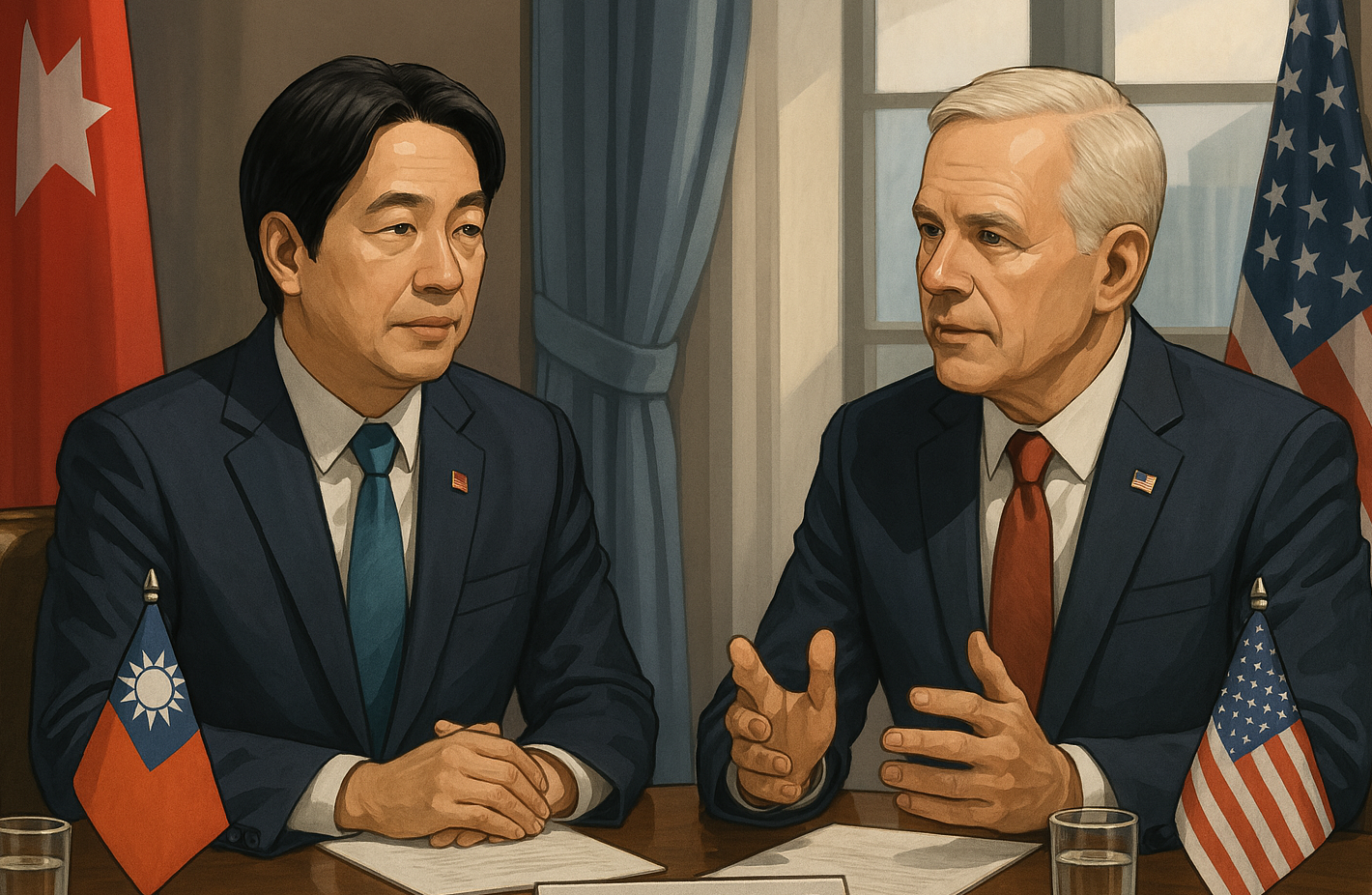
A New Trade Vision: Taiwan’s Push for Tariff-Free Access and U.S. Investment Expansion The Limits of Taiwan’s Strategy A Growing Rift in U.S.
Read More
A Severe Decline for Spirits Brands A Wider Trend: Distilleries Across the U.S.
Read More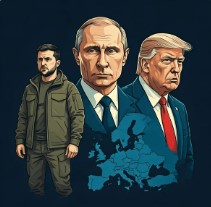
A “Very Good” Call but a “Frank” Reality The First Ceasefire Mission: A Faltering Start The Bigger Picture: What Will It Take to End the War? U.S.
Read More
The Controversial Decision: A Step Backward for HIV Prevention Evangelical Groups and Political Pressures The Public Health Backlash: Concerns About the Future of HIV Prevention
Read More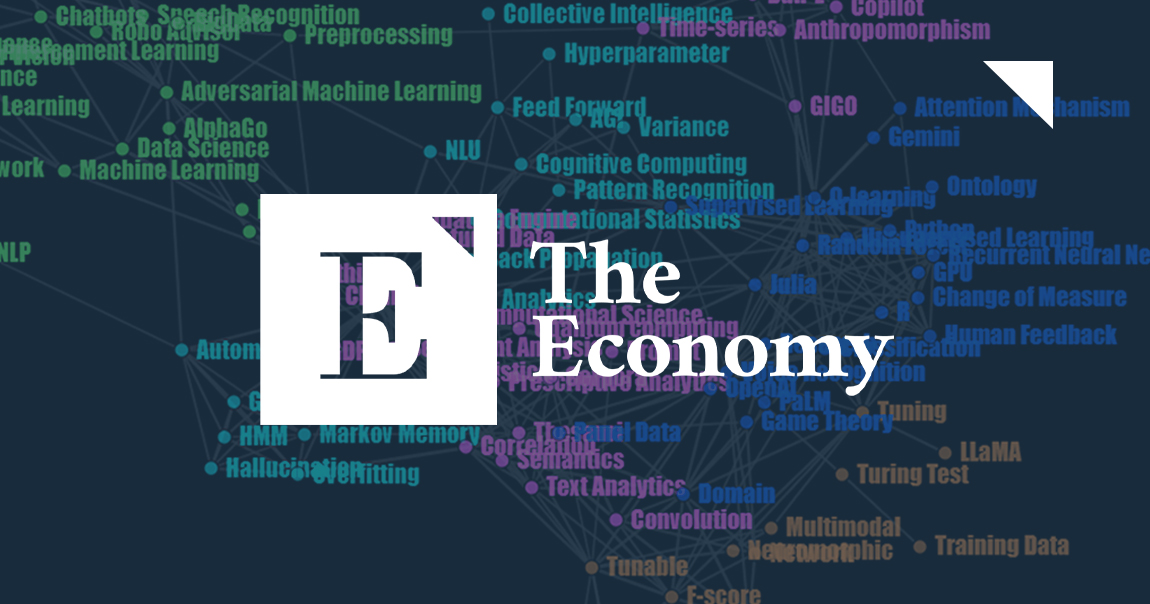
The Global Consequences of China's Strategic Control Over Rare Earth Elements China's Growing Influence in Global Rare Earth Mining The Future Outlook and Global Response There's
Read More
Rising Demand for Defense: How Rheinmetall Became Europe’s Leading Military Supplier Germany’s Defense Shift: Increased Military Spending and Policy Changes Fuel Growth A Global Defense Powerhouse: Rheinmetall’s Expanding Influence Beyond Europe
Read More
Putin’s Terms for a 30-Day Peace Putin Holds All the Cards Trump’s Next Move and The Consequences of a Broken Ceasefire Russian President Vladimir Putin (right) i
Read More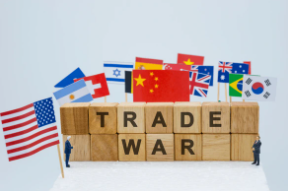
Retaliation and Escalation: How the Trade War Intensified Economic Fallout: Tariffs, Industry Impact, and Consumer Costs The Future of Global Trade: Will the Standoff End or Worsen?
Read More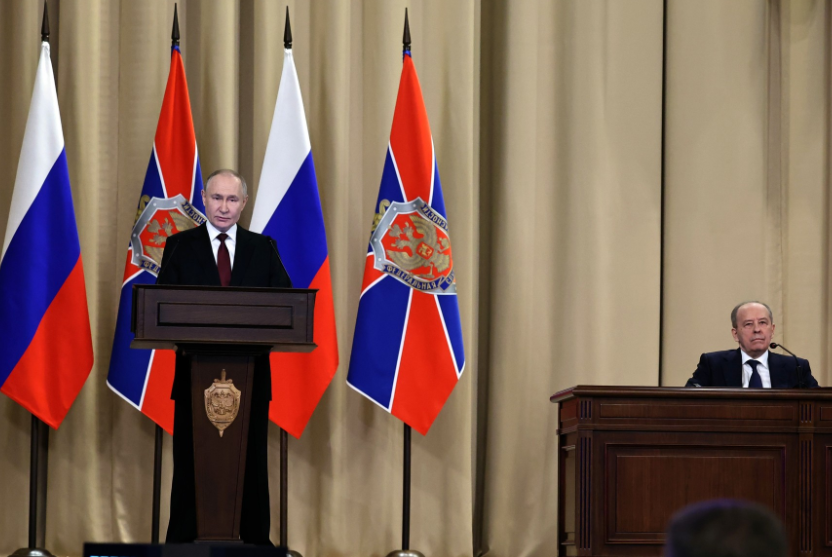
Ukraine’s Offer for a 30-Day Ceasefire: A Tactical Pause or a Path to Peace? The US’s Renewed Military Support: A Game Changer for Ukraine Russia’s Reluctance: Why Putin Rejects the Ceasefire Proposal
Read More
Carney’s Leadership and the Challenge of U.S.
Read More











